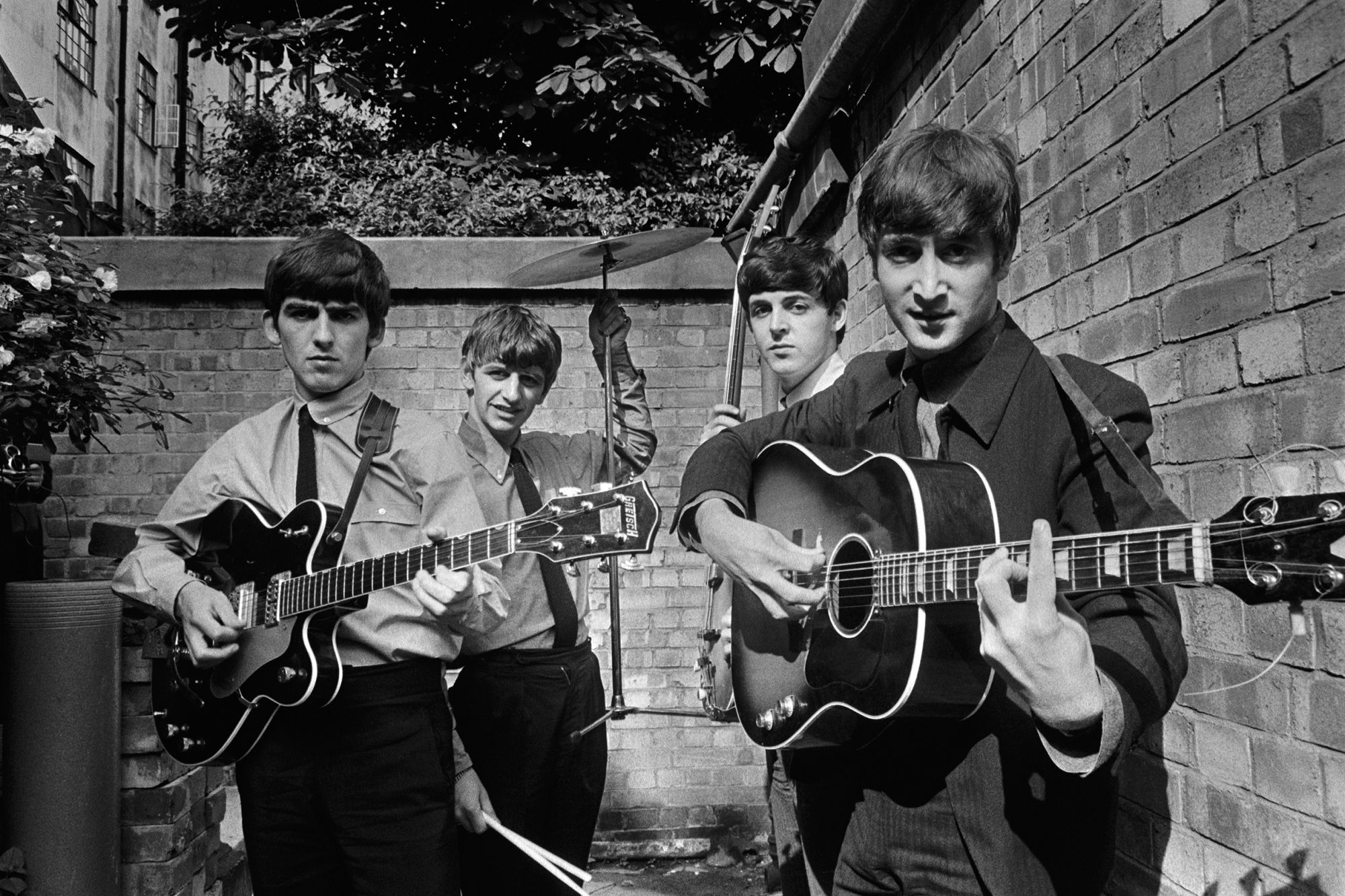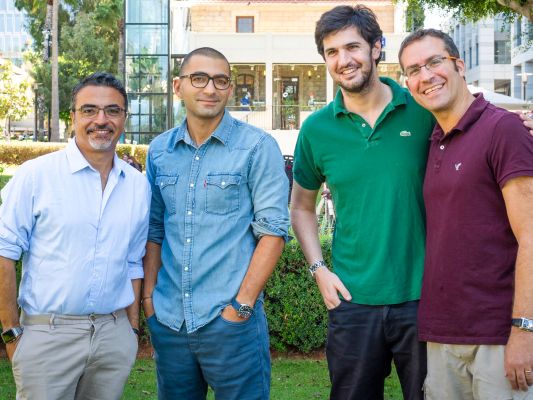I’ll spend most of the first full week of the new decade at the giant CES tech show in Las Vegas with an estimated 170,000 attendees from 160 countries, where more than 4,500 exhibiting companies will use nearly 3 million net square feet of

exhibit space to show off more products than anyone could possibly see. The show is spread out between various pavilions at the Las Vegas Convention Center and the Sands Convention Center, adjacent to the Venetian Hotel.
I’ve been covering CES for decades, and there was a time when I tried to at least walk by every booth. Now I focus mostly on press conferences, a few private meetings and press events like CES Unveiled, Digital Experience and Showstoppers where a subset of CES exhibitors set up tables to show their wares to journalists.
As always, I’ll spend a bit of time in the North Hall to see the latest in car tech. For years, this was mostly a display of aftermarket audio systems, but now major automakers show off the latest in driver-assistance technology as well as their self-driving prototypes and concept cars. This year, CES overlaps with the North American International Auto Show in Detroit, but these days, software, artificial technology and advance technology play an even more important role than chrome, horsepower and pistons. And an increasing number of cars don’t even have pistons, gas tanks or engines as automakers roll out electric cars. In addition to all the automakers, companies like NVIDIA and Intel will show off technology to help make cars drive themselves.
TVs are always the most visible product category at the show as the likes of LG, Sony, Samsung, TCL and Vizio show off increasingly larger sets and 8K TVs, which have four times the resolution of today’s 4K TVs. I’ll look at the 8K TVs, but have no intention of buying one until prices fall below the stratosphere. That’s how I felt at CES 2013 when the first 4K TVs were on display costing thousands of dollars. Now they’re selling in the low hundreds. This year, we will see OLED TVs at a price point low enough to tempt a growing number of buyers. OLED, which stands for organic light-emitting diode, allows each pixel to turn on or off which results in deeper and more vivid colors. Today you will typically pay $1,500 or more for an OLED set, though I saw some during Black Friday closer to $1,000. Many cost between $2,000 and $4,000, but I expect substantially lower prices by the end of 2020. I also expect to see some ATSC (Advanced Television Systems Committee) sets, which will offer much higher quality free over-the-air broadcasts, via an antenna rather than internet streaming.
Robots as workers and pets
For years, attendees have been able to walk alongside robots on the floors of CES, and this year will no exception. But the most useful robots don’t walk – they work – like the Picnic Automated Pizza Assembly Robot that will be on display. I don’t plan to buy the robot, but I might wait in line for a free sample of what it can bake up.
We will see some robotic toys like the latest version of Sony’s Aibo cyber-puppy, but robotic feline lovers will be able to purr over the MarsCat bionic cat which will likely be at the show. CNET predicts that we may also get to play with Tombot, a realistic looking Labrador produced with the help of Jim Hensen’s Creature shot. I’m guessing that charging robotic dogs is a bit cheaper and less time consuming than feeding real ones.
Digital health and internet of things
There will be a lot of digital health products. and along with the usual array of fitness bands there will be wearable blood pressure monitors, wrist and ankle bands that claim they can help relieve stress. As with other topics, there will also be conference sessions including “The Surging Currency of Voice in Healthcare,” and “Unlocking Powerful Data to Personalize Care.”
Internet of Things (IoT) devices will be everywhere at CES. In fact, we may be getting to the point where IoT is pretty much taken for granted on any tech product. These days, even blenders, hair dryers and space heaters sometimes have WiFi or Bluetooth connections.
Phones, AR and streaming video
There will be plenty of talk about 5G phones from carrier handset makers and companies involved in 5G infrastructure, though most of 2020’s 5G phones will be unveiled in March at the Mobile World Congress in Barcelona.
Virtual reality has been part of CES for years, but this year, I expect to see more augmented reality where computer-generated images can be superimposed over the real world through transparent goggles and glasses or through smartphones and other screens.
CES is also about services, including streaming video. Whether they’re at the show or just part of other people’s exhibits, I expect to see programming on display from Netflix, Disney Plus, Apple+, Hulu and HBO. CBS’s chief digital officer Marc DeBevoise will speak about the company’s streaming services (disclosure, I work part-time for CBS News Radio).
Although I’m looking forward to CES, my favorite part of the trip is my annual drive through the desert, where I typically stop at places like Casa de Fruta, the Mojave Air and Space Port, and Baker, California for the world’s tallest thermometer and the Alien Fresh Jerky store. I’ve been stopping at these places long before I bought a Tesla Model 3, but each of these waypoints has a Tesla Supercharger, which means I can refuel my car and myself at the same time.
Larry Magid is a tech journalist and internet safety activist.










